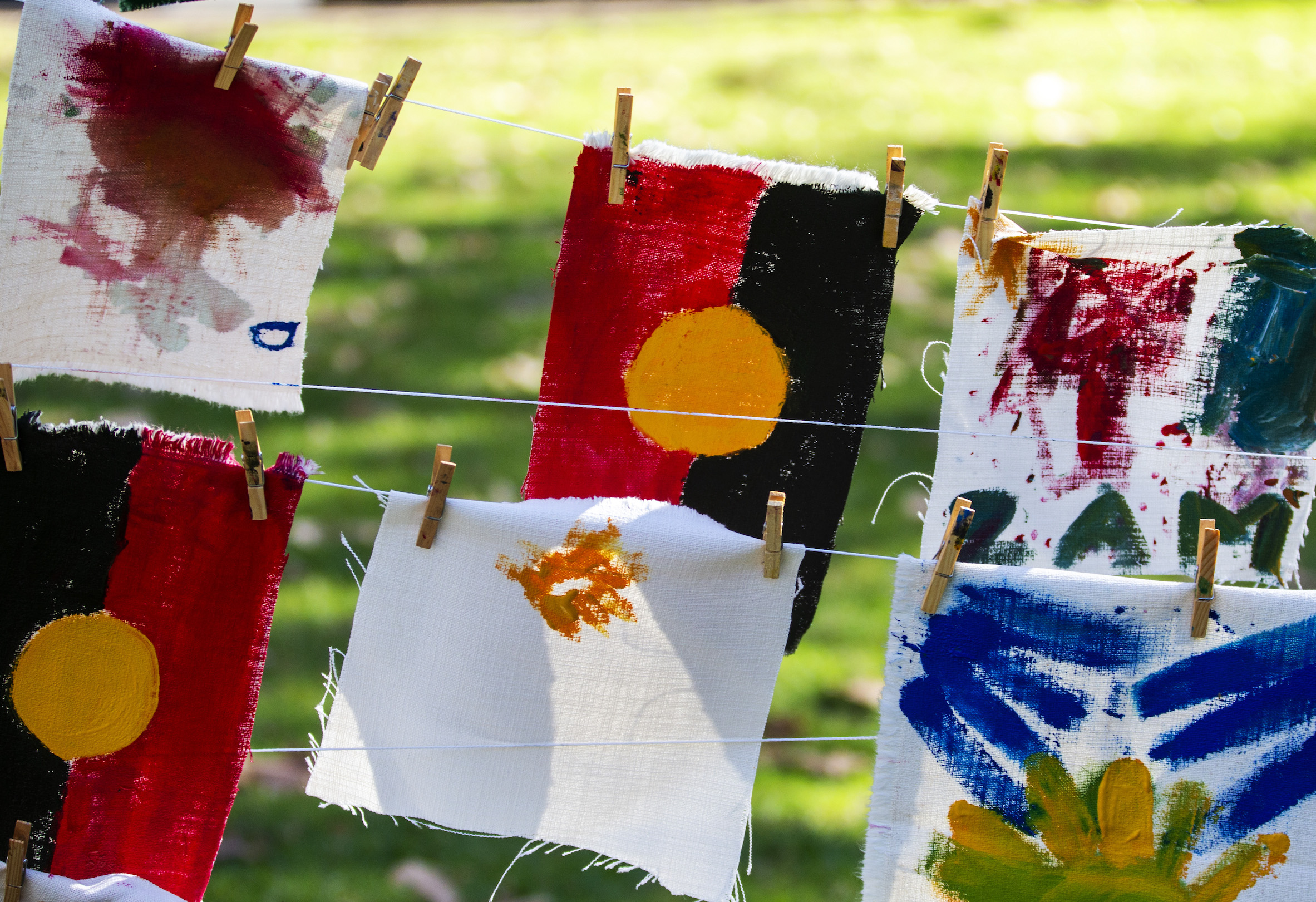
Sciences & Technology
Everything is Country

This year’s International Day of the World’s Indigenous Peoples calls for a new social contract that recognises the rights and social equity of Indigenous people
Published 8 August 2021
Every year, the 9th of August marks the International Day of the World’s Indigenous Peoples.
First announced by the United Nations in 1994, the day aims to raise awareness and protection of the rights of the world’s Indigenous populations.

The International Day of the World’s Indigenous Peoples also recognises the achievements and contributions that Indigenous people make to improve world issues – like social equity and environmental degradation.
There are more than 476 million Indigenous peoples living in 90 countries across the world, making up 6.2 per cent of the global population.
Indigenous peoples are the holders of a vast diversity of unique cultures, traditions, languages and knowledge systems. They have a special relationship with their lands and hold diverse concepts of development based on their own worldview and priorities.

Sciences & Technology
Everything is Country
The removal and suppression of Indigenous rights to access and manage their territories have, in many places, had disastrous consequences for both Indigenous people and their lands.
In Australia, systemic discrimination sees disproportionate incarceration and inequity across a range of social indicators for Aboriginal people. At the same time, catastrophic wildfires and accelerating rates of species extinction are linked to the dispossession and removal of Aboriginal people from territories.
Similar issues impact other Indigenous people and their territories across the globe.

There’s an urgent need for Indigenous self-governance and the incorporation of Indigenous and local knowledge into all sectors of society if we are to address the social and environmental issues facing many parts of the globe today.
When able, Indigenous peoples demonstrate extraordinarily good governance. Examples range from the Haudenosaunee in North America to the National Congress of Australia’s First Peoples.
Despite this, many Indigenous peoples still come under the ultimate authority of central governments who exercise control over their lands, territories and resources.

Sciences & Technology
Our Country, Our way
The inability of Indigenous people to access their lands and the cultural and economic wealth they hold exposes them disproportionately to changing political agendas and whims.
This year’s International Day of the World’s Indigenous Peoples’ theme is “leaving no one behind: Indigenous peoples and the call for a new social contract”.
It’s a day that offers a chance for us all to recognise and celebrate the power of Indigenous knowledge systems and elevate the extraordinary accomplishments of Indigenous peoples across the Earth.
Put simply, a social contract is an implicit agreement among the members of a society to cooperate for social benefits.

More explicitly, the social contract assumes that individuals have consented to give up some of their liberties, recognising the authority of a government over them in exchange for protection of their remaining rights or maintenance of the social order.
Indigenous people, it can be argued, were never included in the social contract and this is reflected in the systems of oppression that continue to deny the rights and social equity of Indigenous people today.
The new social contract must recognise Indigenous people and be based on genuine participation and partnership between all people. It must recognise that the rights of Indigenous peoples’ right to participate in decision-making is key to achieving reconciliation between Indigenous peoples and others.

Politics & Society
Safeguarding our shared cultural heritage
That Indigenous peoples have the capacity to self-govern is undoubtable.
Indigenous people are engaged in almost every societal pursuit. Indigenous peoples have the skill, expertise and knowledge to broadly manage our social affairs within the fabric of today’s society and the capacity to transform the way we live and operate in the world.
Nowhere else on Earth is this the case more so than in Australia. Here, the oldest continuing cultures on Earth have shaped the very ground we walk on.
The Australia of today is radically different to the Australia before people arrived more than 68,000 years ago. The very essence of what it is to be an Australian is the product of Aboriginal management and our knowledge systems are integral to living on this continent.

The Safe Operating Procedure (SOP) for living on this continent is held within Indigenous knowledge systems. These are systems that hold the key to understanding and actualising how to safely thrive on this continent into the future
How to care for the land so it will care for us. How to navigate the rhythms of this very non-European environment, both socially and environmentally.
How to record and accumulate knowledge so that we are an adaptable and responsive society that harnesses the potential of our place, instead of engaging in warfare against it.
This year, the Indigenous Knowledge Institute will host its Inaugural International Day of the World’s Indigenous Peoples symposium on Monday 9th August. This annual event will allow the breadth of Indigenous Knowledge to take centre stage at the University. We aim to celebrate Indigenous Knowledge in its many forms and how it is drawn into policy and education spaces. For more information and bookings, visit: https://indigenousknowledge.unimelb.edu.au/events/international-day-of-the-worlds-indigenous-peoples-symposium
Banner: Getty Images